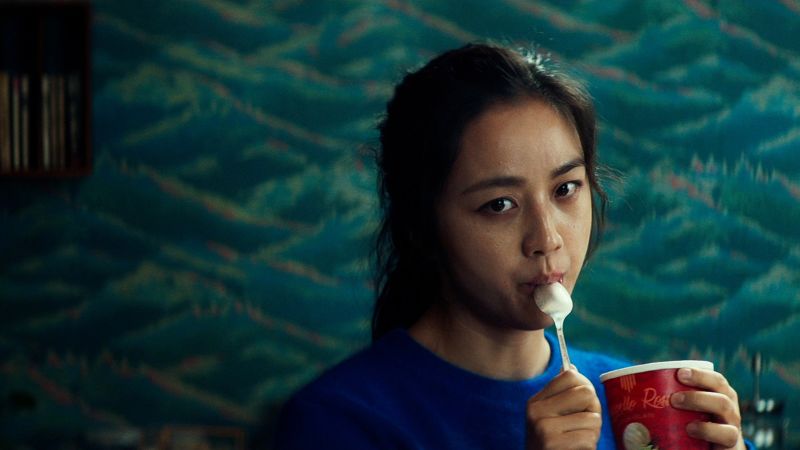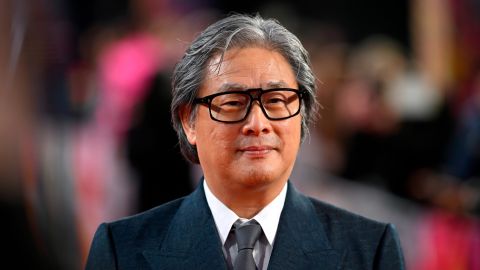‘Decision To Leave’ review: The latest Korean drama you need in your life

Editor’s Note: Anywhere But Hollywood highlights what’s new and worth watching in international TV and film. This month the spotlight is on South Korean crime drama “Decision To Leave.”
CNN
—
A language barrier lies at the heart of swoon-worthy Korean police procedural “Decision To Leave.” Hae-joon (Park Hae-il) is a polite Busan cop, Seo-rae (Tang Wei), the Chinese wife of a dead businessman. Though words may falter, the attraction is palpable; eyes and bodies pick up the slack in a tantalizing ebb and flow between impulse and etiquette. Like The Walls of Jericho in Frank Capra classic “It Happened One Night,” barriers seem destined to come crashing down. But complicating matters, she’s also prime suspect.
Seo-rae’s husband has died while mountain climbing, but the police investigation is compromised from the moment she and the detective meet. She’s beautiful and coy and apologizes for her imperfect Korean. He’s entranced. But she’s curiously unmoved by her husband’s death. Is she hiding something, or merely aloof? He begins to watch her for clues, infatuation or ego blinding him to the possibility she could also be watching him.
Writer-director Park Chan-wook returns to the big screen after a six-year hiatus with a departure from the hyper-violent, gonzo approach of previous films like “Oldboy.” He’s still partial to plot twists and visual flourishes – still delivered with aplomb – but there’s gentleness here too, and an abundance of restraint. His last offering “The Handmaiden” was all erotic charge and hedonistic indulgence; his latest is quite the reverse in its treatment of its budding romance. The tenderness on display provides its own unexpected thrill.

Hae-joon is the opposite of the hard-boiled detective (he carries wet wipes rather than a gun), while Seo-rae is neither femme fatale nor ingénue. They’re a bad fit for the film’s noirish premise, and the first of many subversive choices made by Park, who lets the narrative slide elegantly off the rails and away from convention. Containing two distinct passages, the latter examining and building on the former, the film recalls “Vertigo” in more ways than one (like Hitchcock’s take on San Francisco, we also get a city shrouded in mist, an isolated forest, and an ominous sea). That said, Park eschews many of that film’s male-dominated trappings in favour of two characters content to see each other in less idealized terms.
Hae-joon is married; Seo-rae might be a murderer – it’s messy. As they become tangled so does the narrative. Subplots abound, including the hunt for another killer, euthanized grannies and an elixir for male virility. Some of these are integral to the plot, others are foils, but even the oddest tangents are compelling.
Park Hae-il and Tang’s delicate performances and irresistible chemistry have sufficient gravity to pull our attention away from any dangling threads. The two deliver on a pulsating script from director Park and Seo-kyeong Jeong, littered with rhymes and echoes. Words are laid like landmines across time and space, burrowing into Hae-joon and Seo-rae’s souls. Words that might not be fully understood in the moment, but when they do, burst forth in shattering ways. In the last act, when the film’s intricate plotting surrenders to its emotional undercurrent, it’s sublime. Ultimately, no barrier can hold back the tide.
“Decision To Leave” is available nationwide in the US and UK from October 21.

The Korean master told CNN he wanted to adhere to then subvert film noir in “Decision To Leave,” playing with tropes, structure and the male gaze. “The story departs from all the conventions of that genre,” he says.
For more details on his “very meta approach,” why he cast Tang Wei and why “Vertigo” was far from his mind, read the full interview.
Source link





